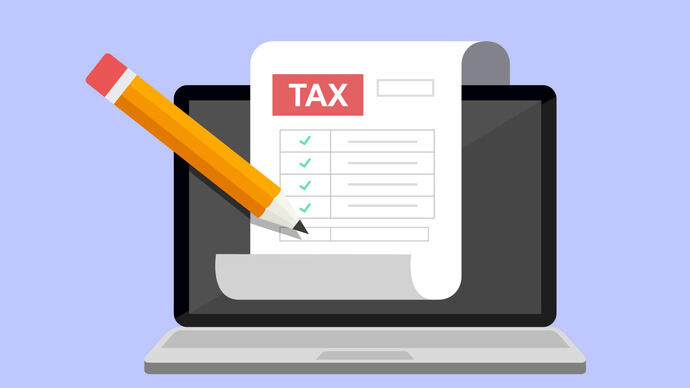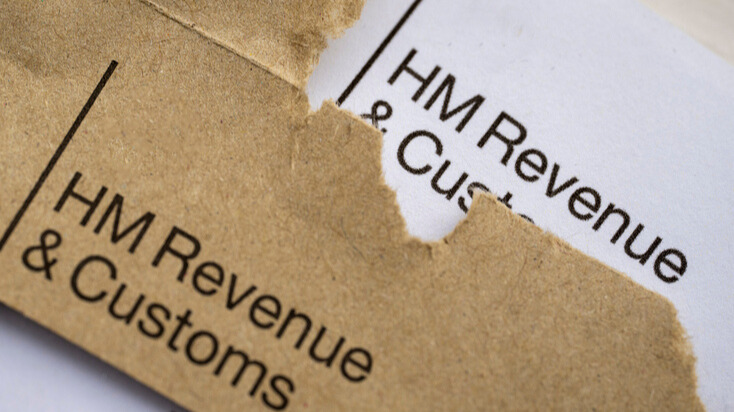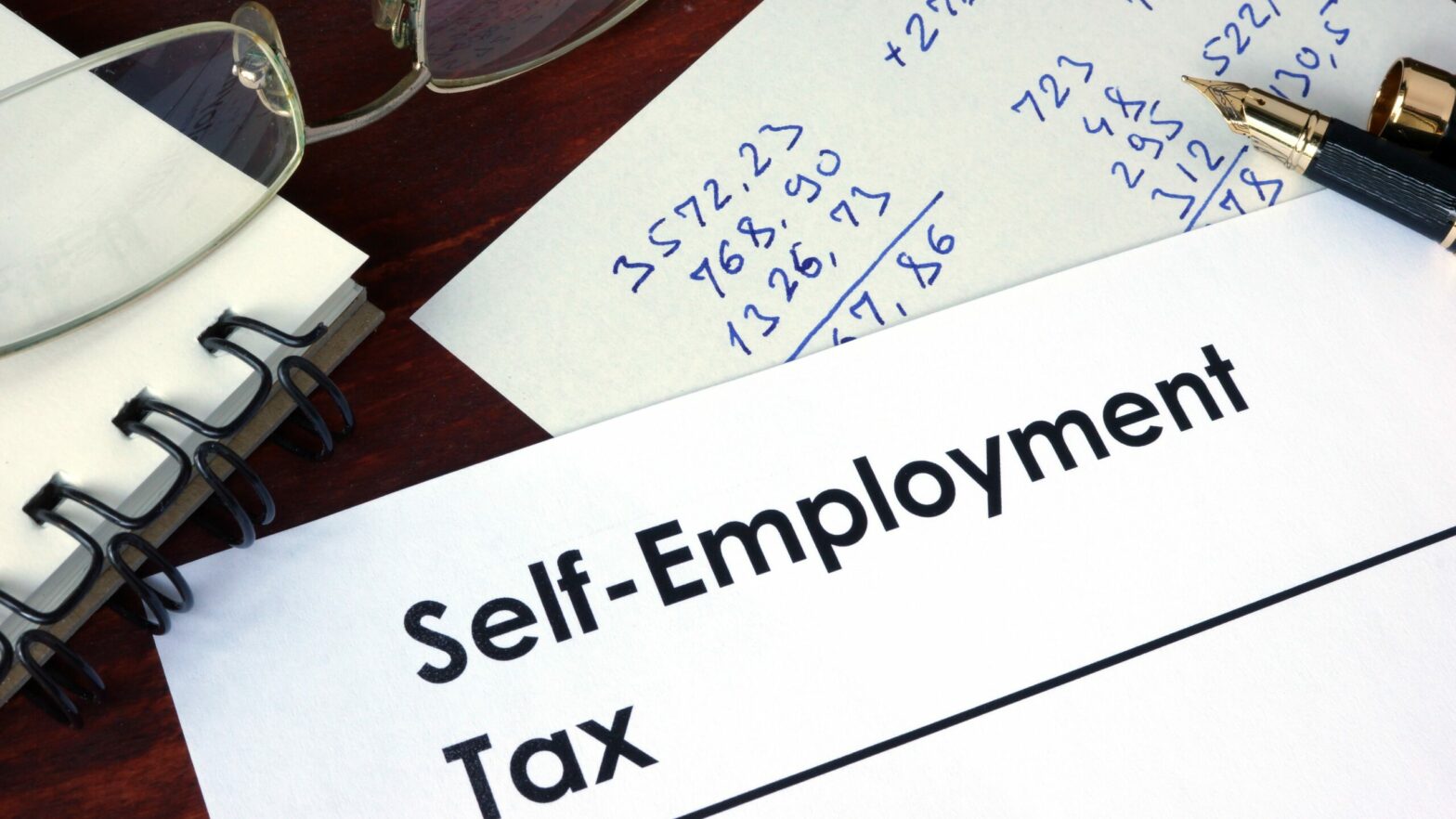Rishi Sunak is thinking about reining in R&D tax credits for small businesses and concentrating them on larger corporates.
The Chancellor is frustrated by the lack of investment by small businesses in research and development, with the amount of self-funded investment actually dropping since the £7.7bn R&D tax credit was launched – despite what has has called “one of the most generous tax regimes for R&D investment anywhere in the world”.
>See also: Why small businesses are missing out on millions in R&D tax credit relief
A Centre for Business Research report published last year said that self-funded business investment in R&D was between 10 and 15 per cent lower than before tax credits were introduced in 2000.
Mr Sunak believes that the R&D tax credits are not doing enough to boost growth despite “huge and rapidly growing sums” being spent on them – as he told his audience while giving last months’ Mais lecture.
The Office for Budget Responsibility estimates that the cost of the reliefs will increase from £7.7bn in 2021-22 to £11.9bn in 2026-27.
>See also: Growth hack: Tap Into R&D tax credits
The Chancellor is looking at whether tax credits would be better focused on larger companies, rather than small and medium-sized businesses, Government insiders told the Financial Times.
“In spite of spending huge and rapidly growing sums, clearly it is not working as well as it should,” Mr Sunak told his audience.
Emily McCarthy, director of tax advisory at Leyton, the largest player in the R&D tax relief market, said she was concerned that scrapping R&D tax credits for small businesses “could have a detrimental impact on many SMEs”.
R&D tax relief has a positive impact on the many SMEs Leyton works with, she said, enabling them to hire people, develop new processes and contribute to the UK economy.
HMRC has found that SMEs generated between just £0.60 and £1.28 of additional R&D expenditure for each £1 of tax relief claimed, compared with up to £2.70 for larger companies.
“Businesses simply aren’t investing enough,” Mr Sunak said in his Mais lecture.
However, Mark Joyner of R&D tax credit specialist RDS pointed out that many of his clients have found the last few years challenging with the rising price of energy, materials and the pandemic preventing companies from investing in their businesses.
But one person familiar with Government thinking said that it wasn’t a case that R&D tax credits would be taken away from small businesses completely – rather that they would be merged with the existing RDEC scheme for larger companies, something the Treasury has been quite open about.
“Reading between the lines, they’re not seriously considering removing the scheme from SMEs entirely. Politically that would be very difficult. Scrapping the tax relief that encourages R&D spend wouldn’t help investment,” this insider told SmallBusiness.
The next set of changes to R&D tax credits come into effect from April, tightening up the rules so that research and development expenditure can only be claimed for work being done in the UK, for example.
More on R&D tax credits
R&D tax credits: Facts you need to know and mistakes you need to avoid





